#FireRisk
BMW Recalling IX, I4, and I7 EVs Over Battery Issues
BMW has issued a recall on certain 2022-2023 iX, i4, and i7 electric vehicles over a claimed “misdiagnosis” in the high-voltage battery management electronics system. Based on documents filed with the National Highway Traffic Safety Administration (NHTSA), the likelihood of a vehicle suffering from the issue is supposedly rare. However, an estimated one percent of recalled models run the risk of erroneously resetting the control unit, resulting in a loss of electrical power.
Additionally, BMW has a much smaller recall that comes with a potential fire hazard and is exclusive to the i4 and iX.
Chevrolet Recalling 140,000 Bolt EVs Over Fire Risk
The Chevrolet Bolt is under recall for another defect that reportedly poses a fire risk. However, it’s got nothing to do with the battery this time around. Instead, the automaker has all-new concerns about seat belt pretensioners venting hot exhaust gasses that could ignite interior carpet. In response, General Motors will be recalling 140,000 examples of the Bolt produced for the North American market.
Subaru Recalls Ascent SUV Over Fire Risk
If you purchased a new Subaru Ascent within the last few years, you may want to consider checking its recall status. The manufacturer is worried that 272,000 examples of the SUV could pose a fire risk and is recommending owners park them outside until inspections can be conducted. Though the turnaround should be relatively short, as Subaru already seems to be aware of what’s causing the problem.
UK-Based BMW Police Cars Banned From Pursuits
While electric vehicles get the most press whenever they go up like a match, it’s important to remember that combustion vehicles pioneered burning themselves up back when the horse was still considered a viable transportation option. Things are better now of course, with flaming cars being primarily relegated for important riots, large-scale sporting events, and decoration along the West Side Highway. We can also add high-speed chases taking place in the United Kingdom to the list because there’s reportedly a bunch of BMW police vehicles that are giving new meaning to the term “heat.”
For the last few weeks, various departments scattered across the U.K. have been issuing advisements not to use certain diesel-powered vehicles in pursuits that exceed the speed limit. It’s a rather curious request, though one that’s allegedly tied to a serious incident from 2020 that killed Police Constable Nick Dumphreys.
Nissan Recalling 793,000 Rogue SUVs Over Fire Risk
While alchemy has famously spent the better part of recorded history trying to transmute lead into gold, the automotive industry has repeatedly managed to achieve the lesser-known act of sorcery where water is converted into fire. This usually occurs when humidity ends up corroding an essential electrical component, resulting in fire risk that becomes the deciding factor in a recall campaign.
This week’s corporate conjurer is Nissan, which has decided to call back 793,000 Rogue SUVs in the United States and Canada.
Chevrolet Bolt Recall: Orion Assembly Schedules Some Downtime
Michigan’s Orion Assembly will be taking three weeks of downtime this month as General Motors continues addressing the fire recall pertaining to Chevrolet’s all-electric Bolt.
The automaker notified employees that the facility will see production idled from November 15th through December 3rd, though vehicle assembly won’t resume until the 6th. However the plant is already running on a diminished schedule so staff can assist with maximizing LG battery output and offer additional support related to the recall.
GM Replacing Battery Modules On Recalled Chevy Bolts
The Chevrolet Bolt has become the focus of negative attention following some fire incidents that were believed to be related to battery components. After two recalls, General Motors has decided to replace the battery modules of every model that could be impacted — rather than focusing on units with proven defects.
While it’s undoubtedly going to cost the company a fortune, this is probably the correct move. The implications of negative publicity stemming from repeat vehicle fires have a tendency to linger and be blown up to larger-than-life proportions. This is especially true if an automaker rushed that vehicle to market to better wrangle the segment. Just ask Ford about the Pinto if you’ve any doubts.
Hyundai Motor Group Is on Fire: Kia Recalls Optima, Sorento Models
Despite Kia’s obvious efforts to transform its lineup into a slew of handsome models offering more of what drivers want, it continues to have trouble with some of them catching fire. That’s likely going to be a deal-breaker for many shoppers, especially with the latest recall suggesting flames could spring up after vehicles have been turned off.
Hyundai Motor Group (which owns Kia) is requesting 440,370 examples of the Optima and Sorento be returned to dealers over a potential brake fluid leak that may damage the hydraulic electronic control unit (HECU) and start a fire. The notice comes just weeks after Hyundai asked to see 125,800 automobiles (Kona, Veloster, Elantra) and Kia wanted to check on 147,000 (Seltos, Soul) models for the same issue.
Hyundai Reportedly Using SK Batteries for Ioniq 5
We recently published an article about Hyundai’s upcoming Ioniq 5 EV and closed by suggesting it might be desirable that North America wouldn’t be the first to get them. If you read our post about the automaker’s current situation with supplier LG Chem, you may have already been able to guess why we feel this way. The manufacturer is looking down the barrel of an expensive recall relating to battery fires and EVs have a propensity to experience botched product launches. Considering the newness of the technology, some of that is to be expected. But that may not be the whole story.
News has begun circulating that Hyundai and Kia would begin sourcing more products from China’s Contemporary Amperex Technology (CATL) and Korea’s SK Innovation. We’ve likewise seen reports coming out of Korea stating that the automaker had decided to install SK batteries in the Ioniq 5, presumably because the units it has already sold to Hyundai haven’t been implicated in any fire-related recalls.
Hyundai Recalling LG Batteries, Who's to Blame?
Hyundai will be recalling 82,000 electric vehicles sold around the world due to a presumed fire risk and its getting a little ugly, though that’s nothing new for the industry. Reports of the brand’s Kona Electric going up in flames (often while charging) started springing up in 2019, causing the manufacturer to call them back for a software update that was supposed to remedy the issue. But South Korean officials decided more needed to be done after one of the fixed vehicles caught fire in January. An investigation was launched and now Hyundai is on the hook for a 1 trillion won ($900 million USD) recall — including the nearly 40 billion won was spent on the initial software solution.
But how much of the blame does Hyundai really deserve when other manufacturers are having similar issues with their electric cars? Couldn’t the supplier be somewhat responsible? Absolutely not, explains battery supplier LG Chem.
NHTSA Launching Investigation Into Chevy Bolt Fires
According to the very people trying to sell them, electric vehicles are slated to become the hottest commodity on the automotive market since the Ford Pinto, Pontiac Fiero, or Ferrari 458 Italia. But, following a swath of highly publicized fires, there’s been this creeping narrative that there may be some unaddressed safety concerns pertaining to EVs. Numerous video clips of vehicles spontaneously combusting in Asia and local media reports of phantom garage fires in North America have helped feed the story, with regulators now taking accusations of battery flambé extremely seriously.
Case in point is the National Highway Traffic Safety Administration’s new investigation into the Chevrolet Bolt. The agency’s Office of Defects Investigation received just two complaints regarding 2018 and 2019 Bolts that were alleged to have caught fire in a similar manner. But lids were flipped when the NHTSA realized it had seen a 2017 model with a similar burn pattern working its way up through the rear seat. The group is now launching a preliminary evaluation to decide whether these were freak accidents or if the Chevy Bolt actually has a tendency to catch fire while nobody is around.
NTSB Claims Half of U.S. Fire Departments Can't Handle EV Fires
The National Transportation Safety Board (NTSB) has been outstanding when it some to destroying whatever illusions we’ve built up around ourselves in terms of automotive security. When the Department of Transportation was claiming advanced driving aids would eventually lead us to a future where car accidents were a thing of the past, the NTSB was there running crash investigations suggesting that those systems were not only error-prone but likely encouraging motorists to become more distracted behind the wheel.
Now its back to burst another bubble. According to data compiled from over a dozen reports, the NTSB believes fire departments are woefully unprepared to tackle hybrid and electric vehicles. The group estimated that roughly half of all American departments lacked any protocols for tackling such fires. Even among those who did, the criteria provided was often quite lax and might be insufficient for suppressing those famously troublesome lithium-ion battery fires.
Hyundai Recalling South Korean Kona EVs Over Fire Risk
Hyundai Motor Co. plans to issue a voluntary recall on Korean-market Kona Electrics as it addresses potential manufacturing defects it’s worried might result in short-circuiting battery cells. Roughly a dozen incidents of fire have been linked to the model, including isolated events in Australia and Canada, and the automaker is particularly keen to address them. Asia has come down hard on battery fires, following a string of high profile examples where battery electric vehicles burnt themselves to the ground.
South Korea’s Ministry of Land, Infrastructure and Transport has already issued a release confirming Hyundai’s plan to recall 25,564 Kona EVs manufactured between September 2017 and March 2020. Those units will be inspected for defects before being issued obligatory software updates and a battery replacement, according to the government agency.
More Hyundai/Kia Fire Recalls Related to ABS Controller
Hyundai and Kia are recalling nearly 200,000 vehicles in the United States over a potential short in the antilock brake system of select models. Problem vehicles include around 180,000 examples of the 2019-21 model year Hyundai Tucson and roughly 9,000 Kia Stingers from 2019.
Based on the recall information provided by the manufacturers, around six Stingers have caught fire over the issue. Regulators have confirmed that the issue lies in the ABS control module and that combustion is still possible when the vehicle has been shut down. That has led us to believe this might be related to an earlier recall involving 283,803 Kia Optima sedans (MY 2013-15), 156,567 Kia Sorento crossovers (2014-15), and 151,205 Hyundai Santa Fe Sport crossovers (2013-15). Each of those models ran the risk of brake fluid seeping out onto the hydraulic electronic control unit and causing a fire.
Jeep Wrangler and Gladiator Recalled Over Toasted Clutch
Jeep is recalling 33,237 Wranglers and Gladiators equipped with manual transmissions because the clutch plate can overheat and fracture. According to the National Highway Traffic Safety Administration’s (NHTSA) recall report, the callback encompasses all Wranglers sold with a third pedal from the 2018-2020 model year, with the same being true for the 2020MY Gladiator.





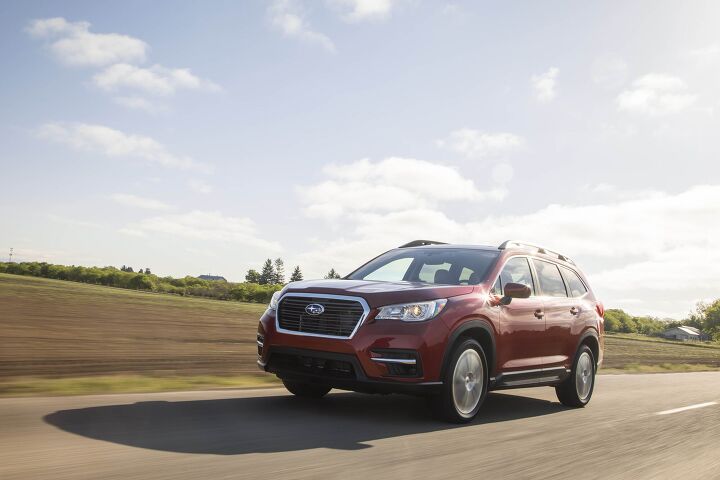
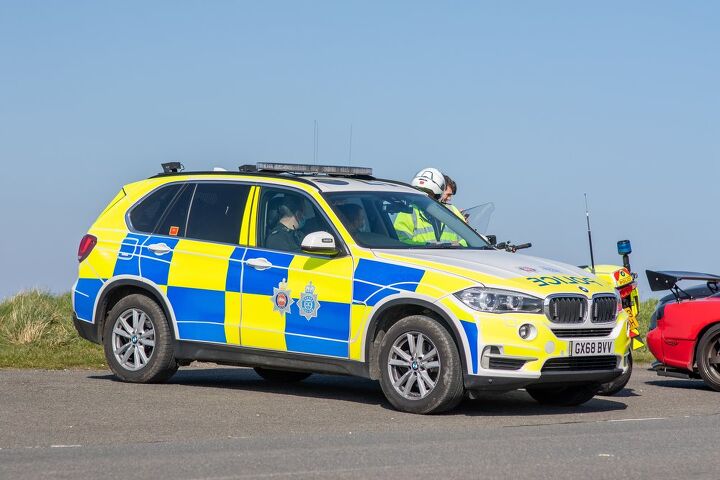
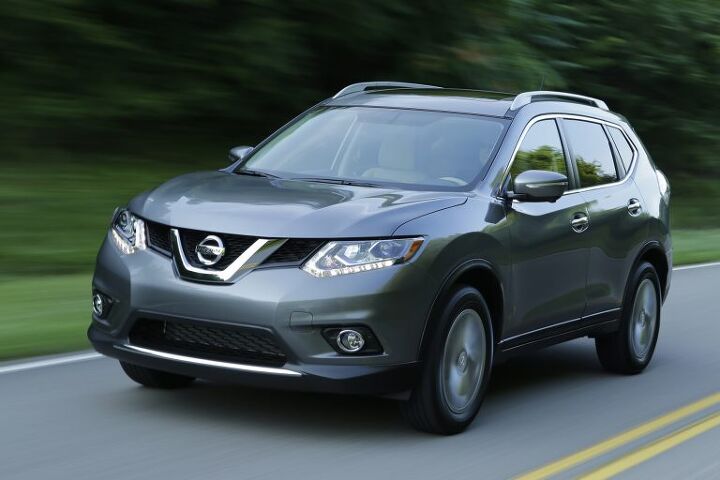


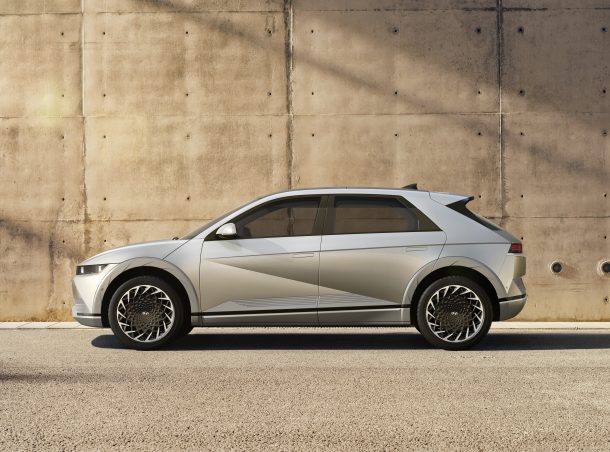

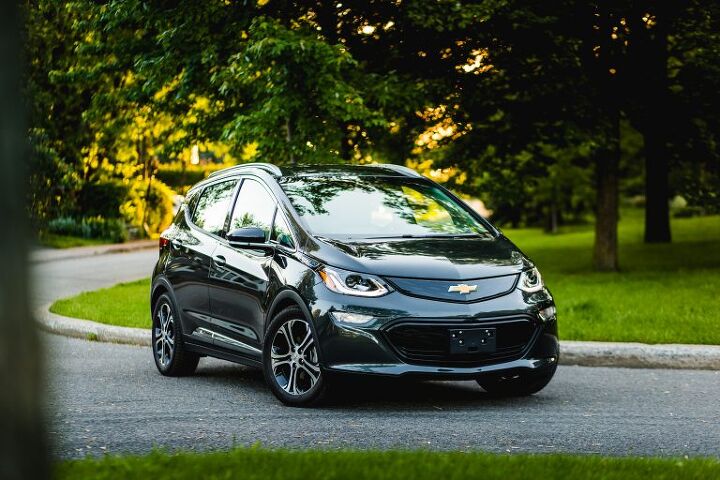
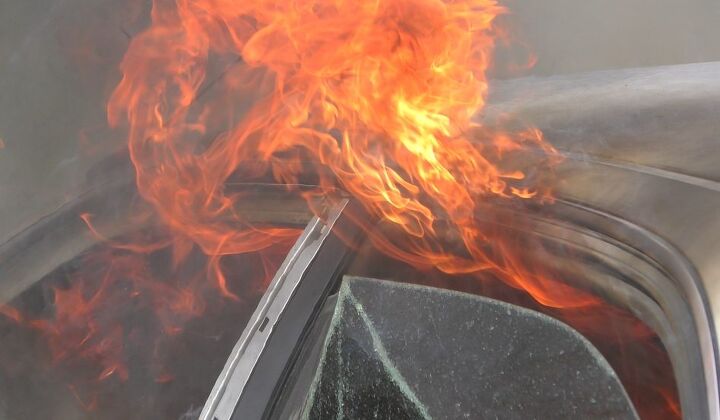
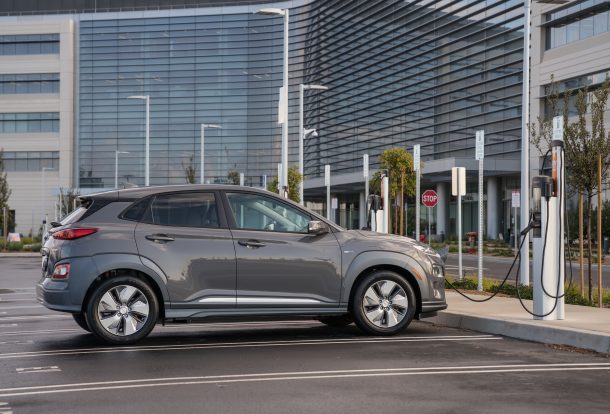














Recent Comments